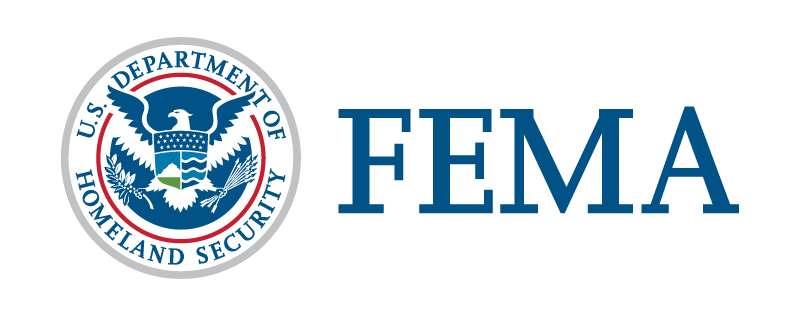FEMA Continues Hurricane Fiona Response Efforts: Sept. 24 Updates
WASHINGTON — On Sept. 21, President Joseph R. Biden, Jr. approved Puerto Rico Gov. Pedro Pierluisi’s request for an expedited major disaster declaration. That declaration now authorizes FEMA to provide individual assistance to survivors in 63 municipalities and public assistance and hazard mitigation in all 78 Puerto Rico municipalities.
Five additional municipalities were added to the declaration on Sept. 23, allowing eligible survivors in Arecibo, Barceloneta, Cabo Rojo, Loíza and Manatí to apply for federal assistance. We have teams on the ground conducting damage assessments and using data obtained from satellites to expedite our review. More municipalities may be approved for Individual Assistance as assessments are completed and adjudicated.
Survivors who live in the 63 declared municipalities can apply for federal assistance at www.DisasterAssistance.gov, by calling 800-621-FEMA (3362) or by using the FEMA App. Survivors using a relay service, such as a video relay service, captioned telephone service or others, can give the FEMA operator the number for that service. FEMA Disaster Survivor Assistance teams are in affected municipalities, conducting outreach and working to help survivors apply for assistance.
FEMA approved Critical Needs Assistance for disaster survivors who have immediate or critical needs because they are displaced from their primary dwelling. Immediate or critical needs are life-saving and life-sustaining items. This assistance is a one-time payment of $700 per household. Since declaration was approved, more than 168,000 survivors applied and FEMA has awarded $40 million as we continue to process applications.
FEMA is committed to making assistance available to all eligible applicants. The agency expanded the type of documentation needed to prove homeownership and occupancy, making it easier to apply for assistance. These include motor vehicle registrations, documentation from schools, federal or state benefit providers, social service organizations or court documents. Survivors with heirship properties, mobile homes or travel trailers who do not have the traditional documentation of ownership verification may also self-certify ownership.

